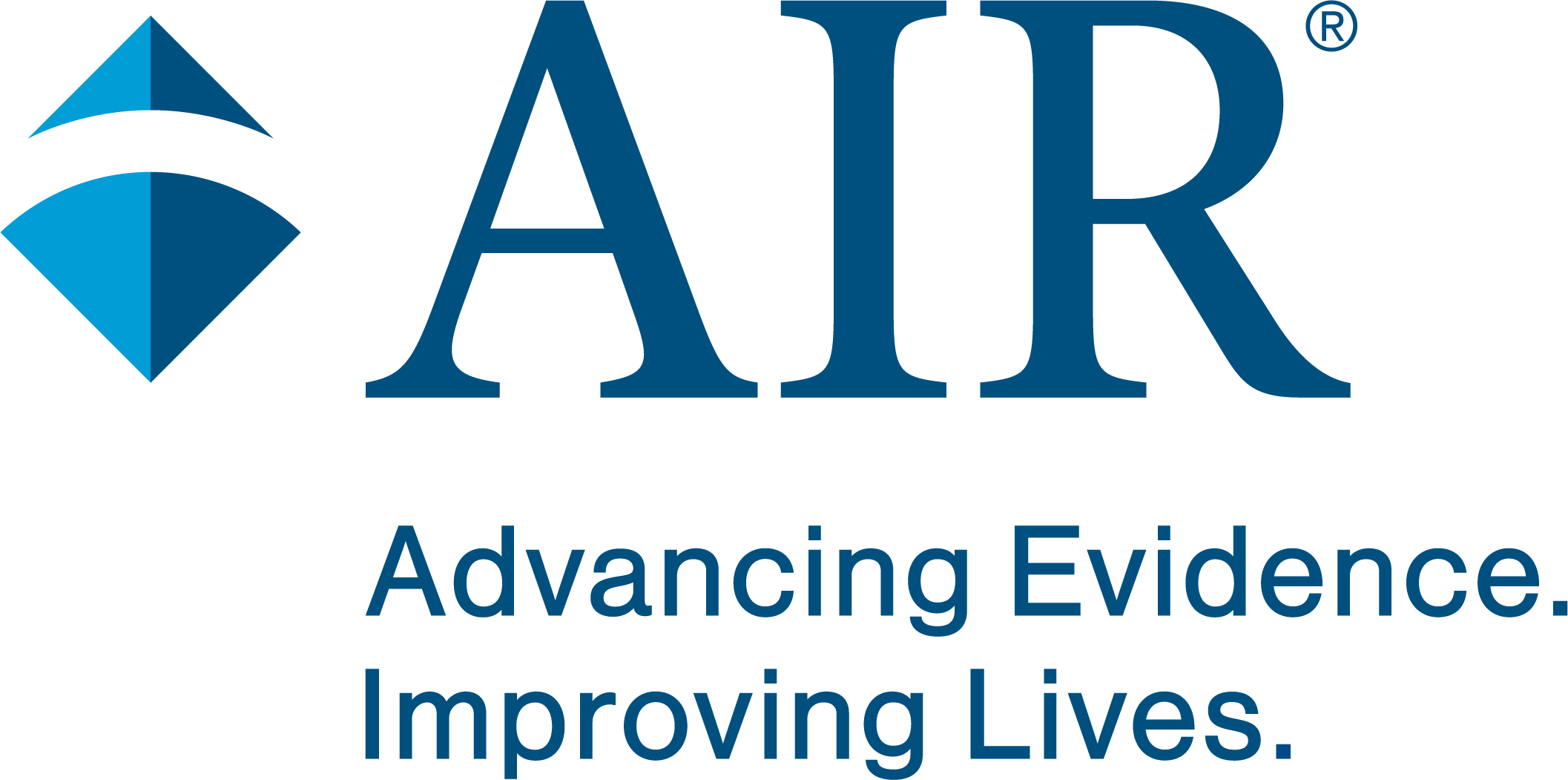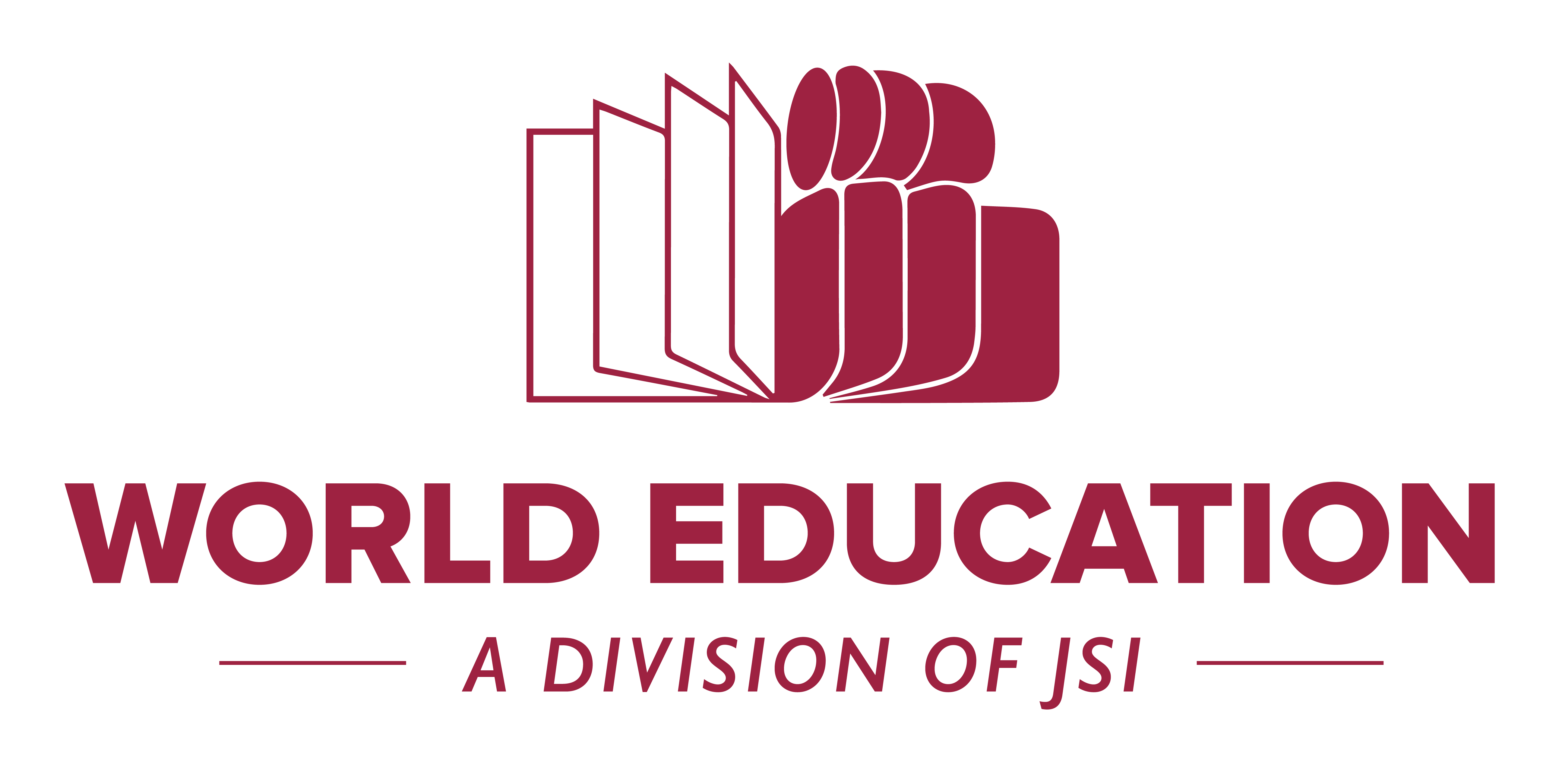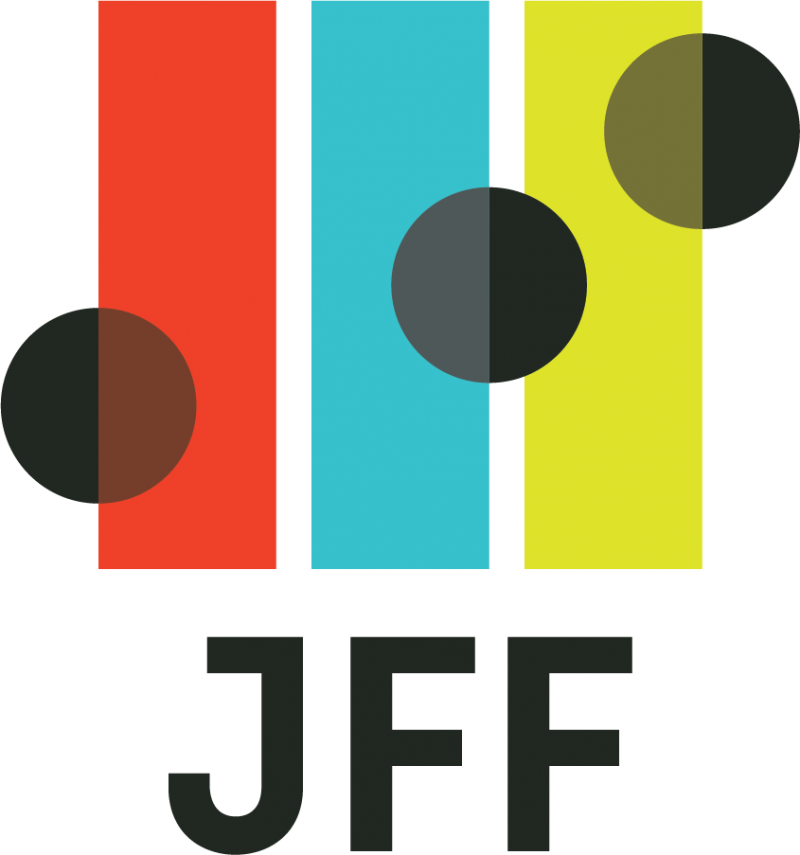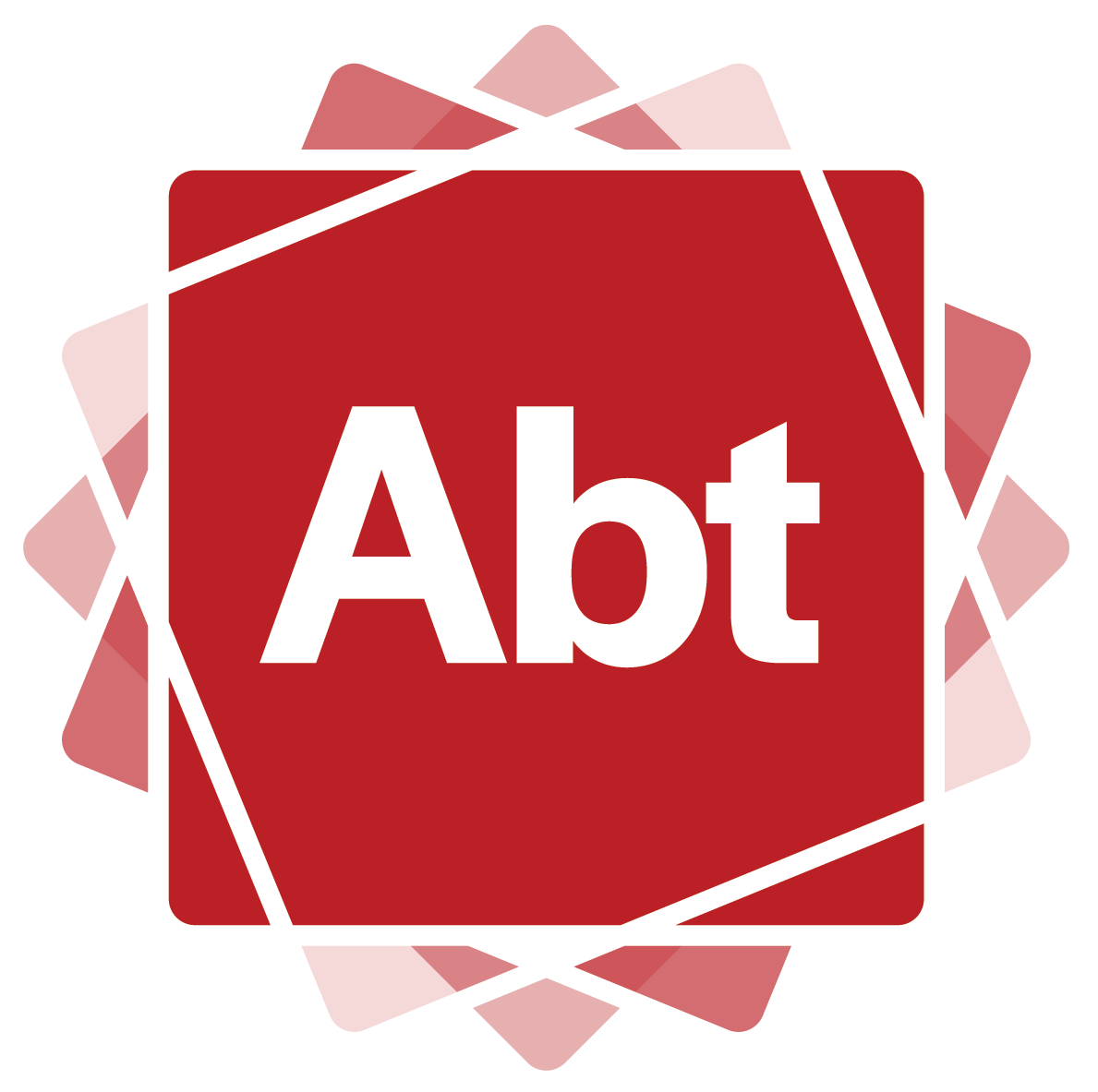The aim of the CREATE Edtech Technical Assistance (TA) Library is to provide guidance to practitioners and adult education leaders on integrating or advancing instruction through edtech and other digital technology. Resources include technology integration and digital skills frameworks, technology adoption checklists, webinars highlighting promising resources and strategies, and technology enhanced lesson plans and guidance.
Each submitted resource has been evaluated by internal subject matter experts from World Education to determine their viability for inclusion, their alignment to one or more technical assistance categories (informed by prior research and the expertise represented in the CREATE Adult Skills Network), and their quality of content, structure, and guidance. The technical assistance categories in this library include:
- Planning technology use;
- Communicating with learners;
- Managing content/instruction;
- Determining instructional content;
- Providing instruction through different modes; and
- Assessment
You can locate resources through the categories or by keyword search.
We welcome feedback on our contributions, categorization, and tagging. To report a broken link for any of our resources, please click on the “submit feedback” button seen above and fill out the form.
Do consider nominating a technical assistance resource, by clicking on the "submit new resource" button seen above and fill out the form. Submissions are reviewed monthly and will be added to the library if approved.
Read more
This webinar, hosted by the EdTech Center at World Education featured Jennifer Maddrell. This webinar provides guidance on how to determine what open educational resources are relevant to use in your classroom.
This course was developed by the EdTech Center @ World Education with support from the U.S. Department of Education’s Office of Career, Technical and Adult Education. This course was designed for education providers and practitioners teaching adult basic academic skills, ESOL, and literacy at a distance and/or through blended learning; it provides strategies and resources that are essential for both setting up and implementing distance education or teaching with a blended approach. The course contains the following modules: Getting started with Distance and Blended Learning; Outreach, Screening, & Orientation: Supporting Distance Learners from the Start; Effective Distance and Blended Learning Instruction; and Assessment.
This article describes the Digital Literacy Action Plan, an instructional strategy designed to differentiate, increase learner agency, and address digital equity concerns. This article is written for adult basic education instructors who aim to integrate digital literacy skills into their instruction in a way that is meaningful to each learner and empowers learners to acquire digital skills autonomously.
This guide aims to support educators, tutors, and mentors who are working with adult learners on building digital literacy skills. It serves as a supplemental resource to a digital literacy skills curriculum or to support contextualized learning. This document is not appropriate for use with screen readers.
This webinar provides guidelines on how to create and adapt learner activities to maximize reusability.
Assessments have the potential to be powerful tools for supporting the development of technology skills and digital resilience. The DRAW scan revealed a need for better understanding of existing assessments and how to use them, as well as new, asset-based assessments that measure digital resilience. An aligned and strategic approach to assessment would allow educators and program leadership, researchers, and policymakers to tailor instruction to the needs of learners, understand their progress, target resources where most needed, and signal mastery of skills to employers and other stakeholders. This deep dive explores practices and models for assessing digital skills and opportunities to improve assessment and skills validation in adult education.
Have you ever wondered how well you were integrating technology into your lessons? The Triple E Framework, developed by Dr. Liz Kolb in 2011, is a framework designed to help educators measure how well they integrate technology tools into instruction and provide ways to help increase its use. Initially created to support technology adoption in K12 settings, this blog describes an adaptation of this framework for use with adult education teachers.
A blog entry which outlines the SAMR model. SAMR is a reflection tool that can help educators think about how digital technology integration is supporting learning in specific blended learning lessons and activities.
This is the first webinar in a series highlighting resources and examples of effective use, and more. The mLearning leadership team and practitioners share insight on tools and approaches for effective onboarding; specifically, we will hear how programs have adapted onboarding and orientation activities from in-person to remote. Presenters in this webinar are: Xavier Munoz, Literacy Council of Northern Virginia; Kathleen O’Connell, World Education; and Jessica Rothenberg-Aalami, Cell-Ed.
Students can arrive to our classes with a range of computer skills. This can be challenging to manage! Hear how Catholic Charities, Worcester Public Schools, and MassLINKS adult education staff address this using a variety of approaches. These include an in-person “boot camp” before the semester starts, an in-class intensive focus on digital skills at the beginning of the semester, and a fully online training. Using these approaches can help students feel confident that they have the skills to handle the digital tools used in their classes.
Are you looking for ways to help all adult learners develop the digital skills needed to achieve their personal, civic, educational, and career goals? Do you wonder how to differentiate digital skills instruction according to student needs and goals? Do you need more resources that support your efforts to teach digital skills? In this webinar, explore three approaches to teaching digital literacy, as well as robust tools and resources that support those approaches.
The purpose of the California Adult Education Digital Learning Guidance — referred to here as the Digital Learning Guidance or the Guidance—is to enable adult educators in the state of California to design and implement effective digital learning experiences. The Guidance is intended to inform the practice of all California educators, support staff, and school leadership that work with adult learners. The Guidance covers best practices across a variety of topics that are foundational to effective digital learning, beginning with access and equity, and including foundational information about adult learning and digital literacy, frameworks for organizing technology integration, models for structuring instruction, and assessment







